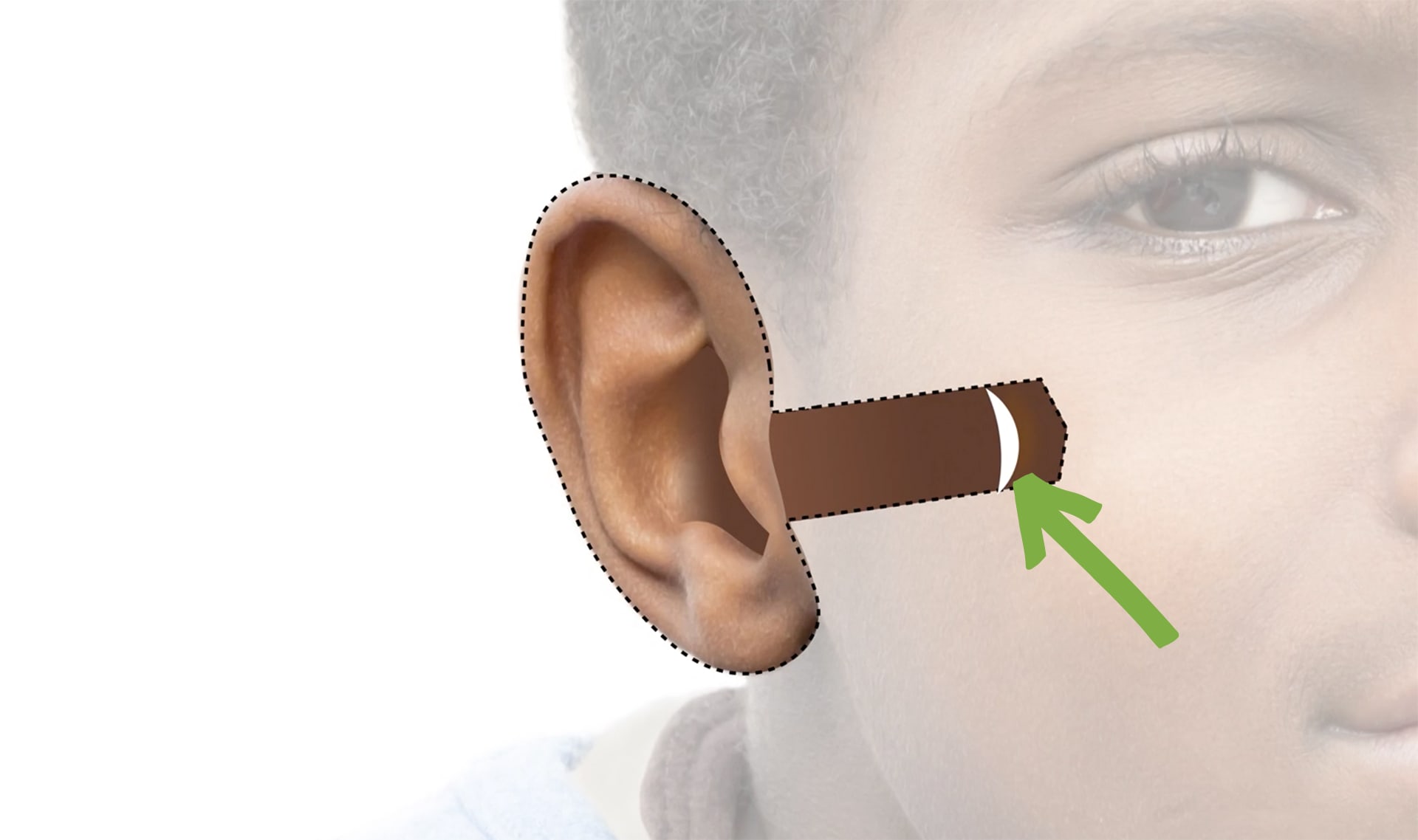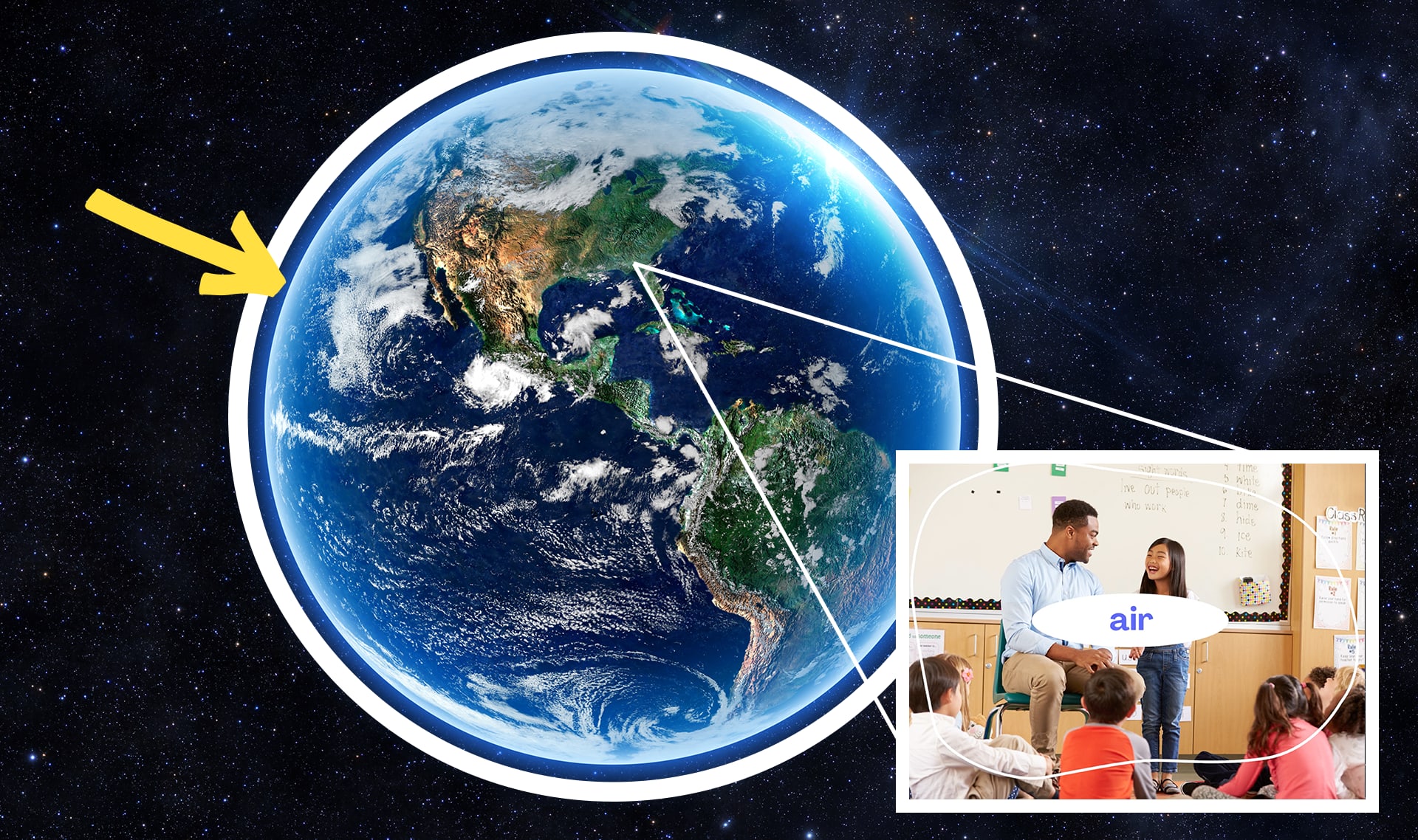Image & Video Credits
Mystery Science respects the intellectual property rights of the owners of visual assets.
We make every effort to use images and videos under appropriate licenses from the owner or by
reaching out to the owner to get explicit permission. If you are the owner of a visual and
believe we are using it without permission, please
contact us—we will reply promptly and make
things right.
Exploration
thumbnail: astronaut by
NikoNomad
talking underwater by
Chrissy Edmiston
Underwater Jackhammer by
Divers Institute of Technology
Swimming with humpback whales@Vava'u, Kingdom Of Tonga by
梁摳摳
, used under CC BY
pilot whale sounds by
Cristiano Caldeira
humpback whale swimming in deeper waters by
Christopher Michel
, used under CC BY-SA
boy by
DiversityStudio
girl by
sezer66
group of business people in office by
Rawpixel.com
blue balloon vibrating computer speaker by
BluePigProductions
balloon vibrating by
WheelerInnovations
speakers vibrating- before by
SP AUDIO
speakers vibrating by
SP AUDIO
speakers vibrating with passenger by
SP AUDIO
Group of children with ball and skateboard chatting in city by
Iakov Filimonov
astronaut by
NikoNomad
vaccum pump by
roobert33
vaccum by
WaveBreakMedia
Activity
balloons on a table by
nito







